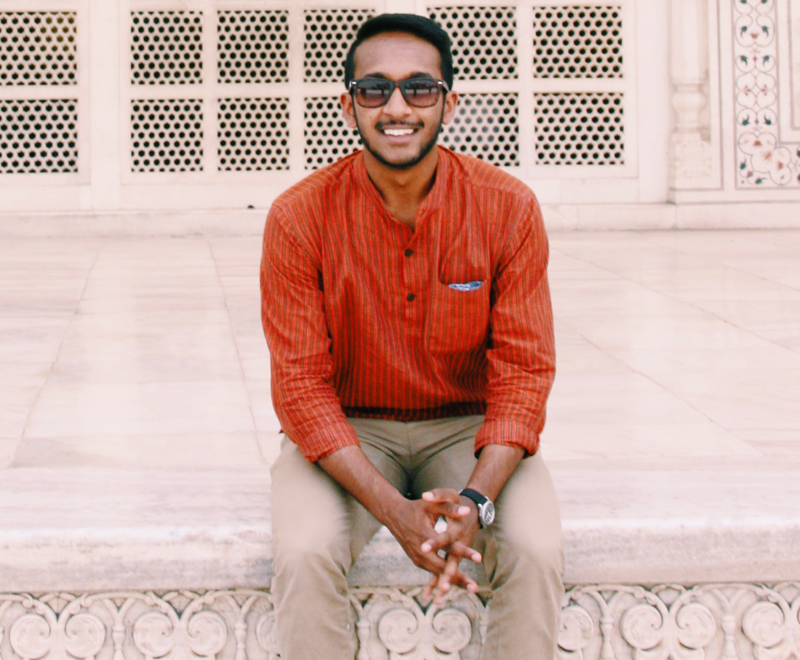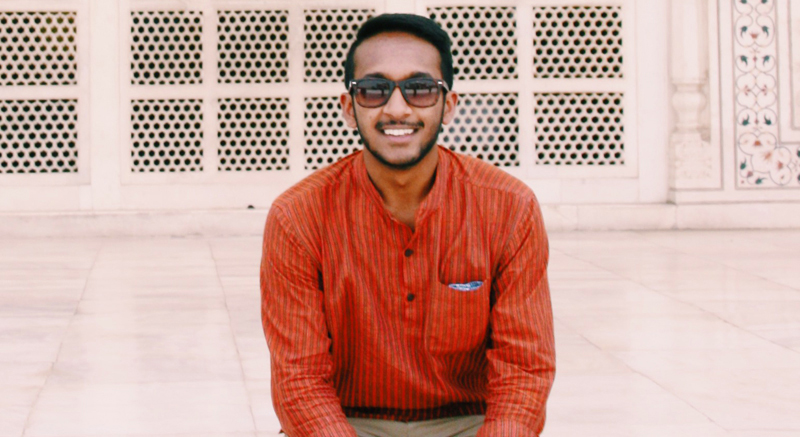Musings about Feminism from a Privileged Male
Feminism. Since I have been old enough to critically think about such issues, I have been swarmed with so many interpretations, beliefs, and mindsets surrounding the word that I do not know what to make of it. I am a fully-abled18-year-old male of Indian origin living in Canada and my family is educated and middle-class. For the most part, my birth has given me many inherent privileges that I try not to take for granted. However, everyone ‘wins’ and ‘loses’ in many aspects when the birth lottery is carried out. In some cases, I have ‘lucked out’. I am a male, yes! Middle-class, yes! I have parents who are supportive and will help provide for my education so that I can earn a stable livelihood and repeat the cycle with my children, yes! I may be a minority in a predominantly Caucasian society, but it is something that I can live with. I definitely do experience racial micro-aggressions and flat out discrimination at times, but it is something I can deal with. With many of these ‘disadvantages’ that people are born with, it is possible for people to JUST DEAL WITH IT. But that is the issue! These factors should not be considered a disadvantage. This is the feminist movement. It means to eradicate this dichotomy that makes a given gender ‘advantageous’.
But why do I need feminism?
I am a male, and I am born with the ‘advantages’ that being a male gives me. I am fine, aren’t I? No. I need feminism because I care about those around me and I am a citizen of civil society; it is my duty to ask critical questions and challenge something that is inherently wrong. I need feminism because I was born with the right to never be asked if family will get in the way of my career. I need feminism because I was born with the right to a statistically higher-paying job, just because I am a male. I need feminism because I was born with the right to not need a rape whistle. I need feminism because I was born with the right to not have to face what my female family and friends have to face on a day-to-day basis. These are problems that I will never have to face, but it hurts me to think that those that I care about have to face them.
Feminism in India
For the aforementioned reasons, I need feminism. But this is true for Canada and the Western world. What I find most interesting is the differences in the need for feminism in various parts of the world. I was born in Bangalore and moved to Canada when I was only two years old. All of my memories of childhood take place in Canada, and it is the place that I call home. However, I still do consider myself a proud Indian. This is where my heritage lies. This is where most of my family lives and I always experience a certain type of happiness here that nowhere else in the world can provide. I have visited India many times and I have always been drawn to come back and live here. Yet the feminist movement in India takes a very different form from that in the Western world. Some of the issues faced are similar, but most of them are drastically different. In many cases, India faces an ingrained societal and cultural view of inferiority in regards to women. This needs to be addressed. Rather than fighting for equal pay, the fight is for the right to work or a change in the societal view of a workingwoman. Issues such as sex-selected abortions, child marriage, honor killings, and lack of education for girls are issues that the feminist movement in the Western world does not face. It is very interesting to see how the battle is being fought against different elements and on different battlefields. But the one universal truth is that this battle should not be needed! Sadly, however, it is.
How should this movement grow?
Feminism is not man hating, even though some people do believe that to be the case. Feminism is just like any other struggle for equality or freedom. It is a means to address an issue and change a commonly held viewpoint that is simply wrong. Hatred will not bring about any chance. Martin Luther King Jr. did not hate white people and Gandhiji did not hate the British. But lasting change can only come when people of power and privilege commit themselves to the cause. Based on our current societal climate, this means that males must take a role in this struggle for equality. I need feminism and so does everyone else on this planet, male and female alike.


Looking forward to reading your blogs, you can mail us your entries at WriteWithUs@csrindia.org, or upload them at Write With Us.
Donation for Centre for Social Research to Join our effort in rehabilitating Domestic Violence
Discuss this article on Facebook





